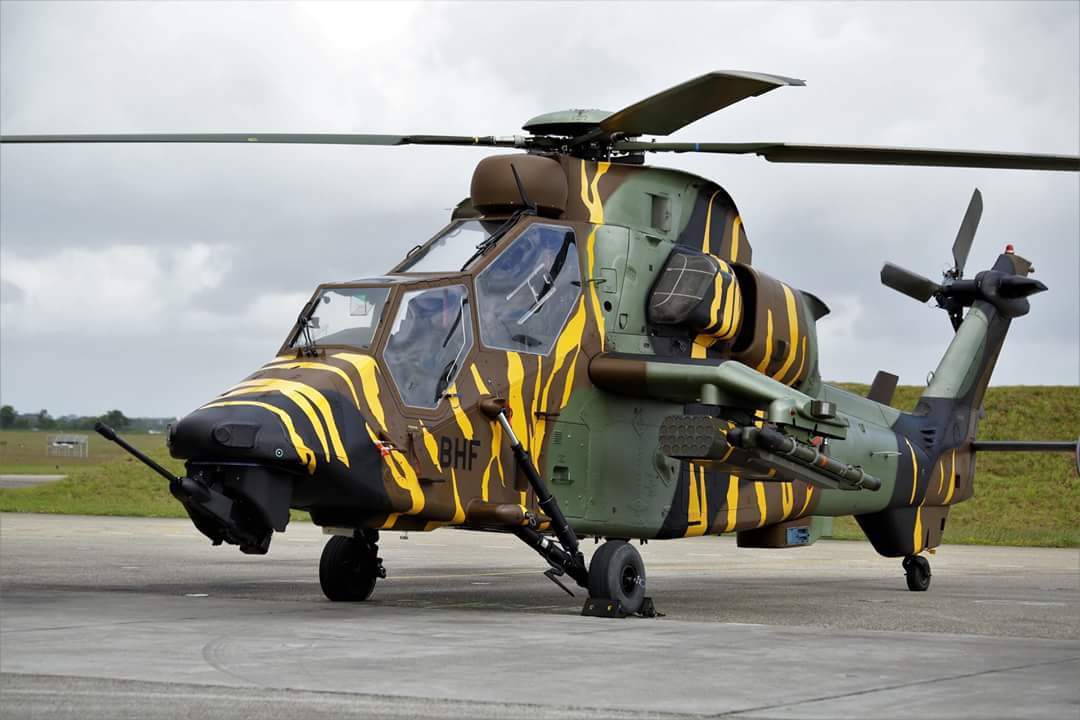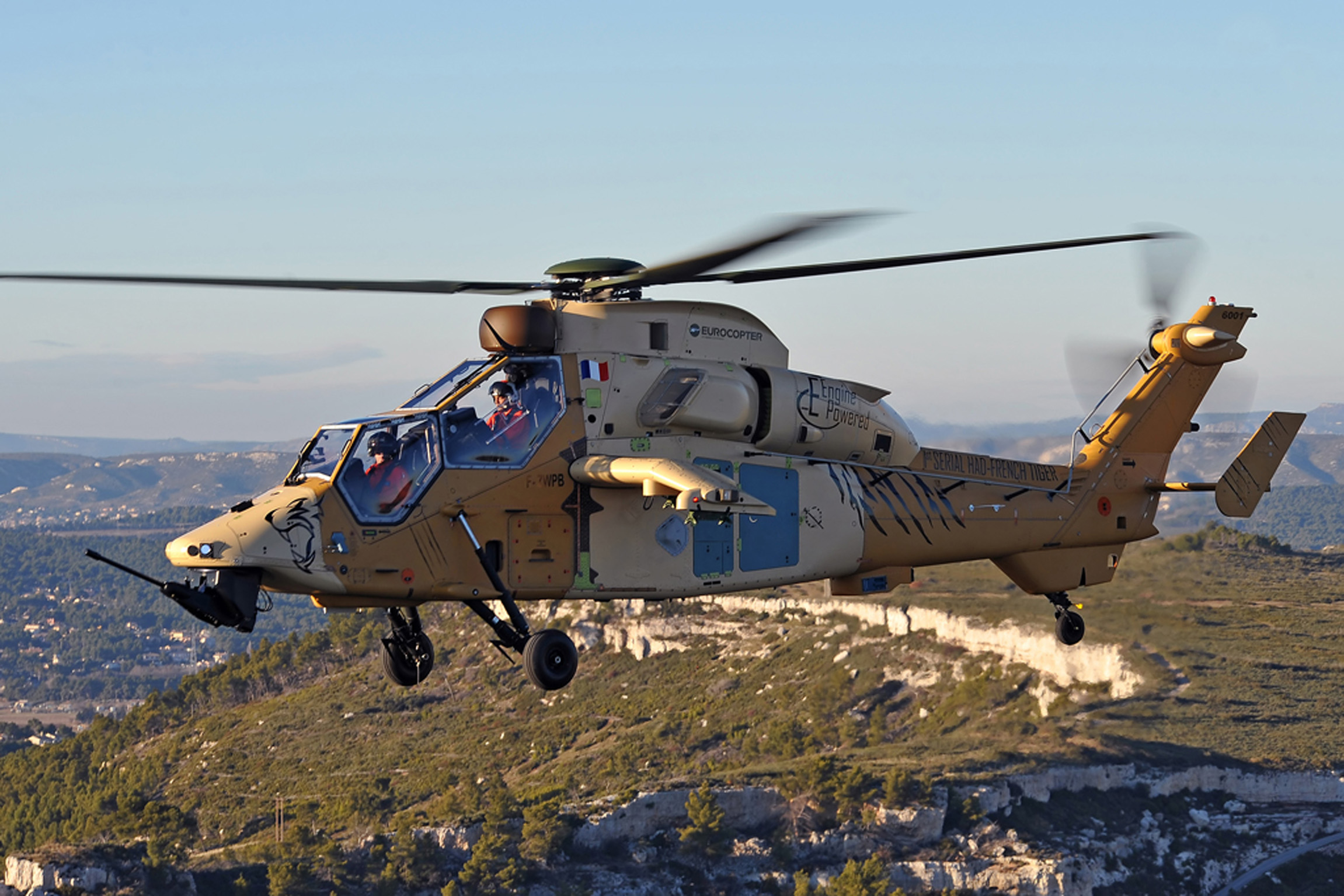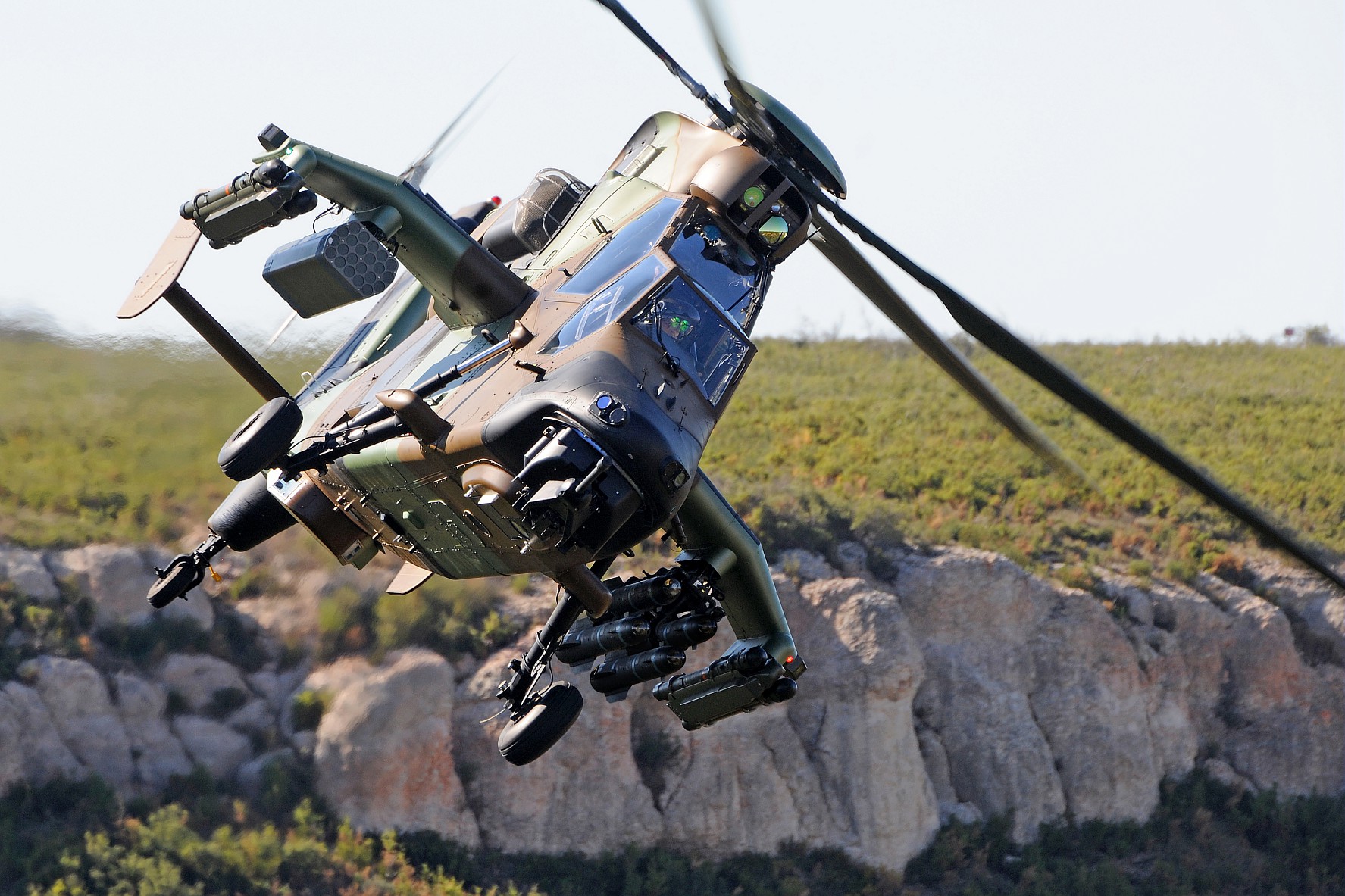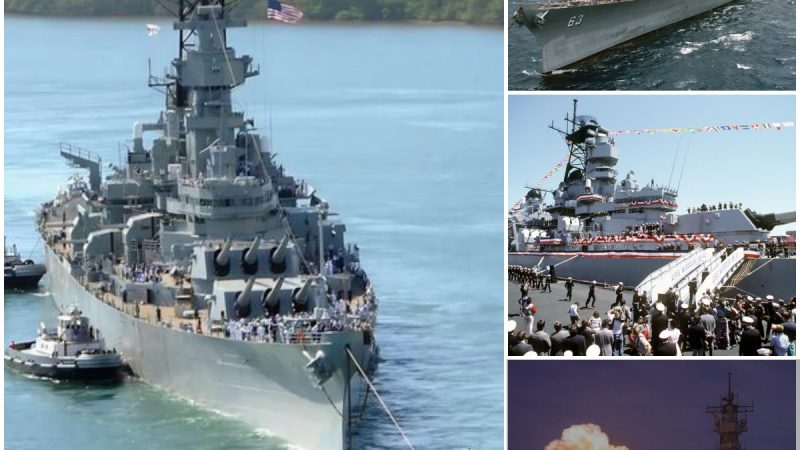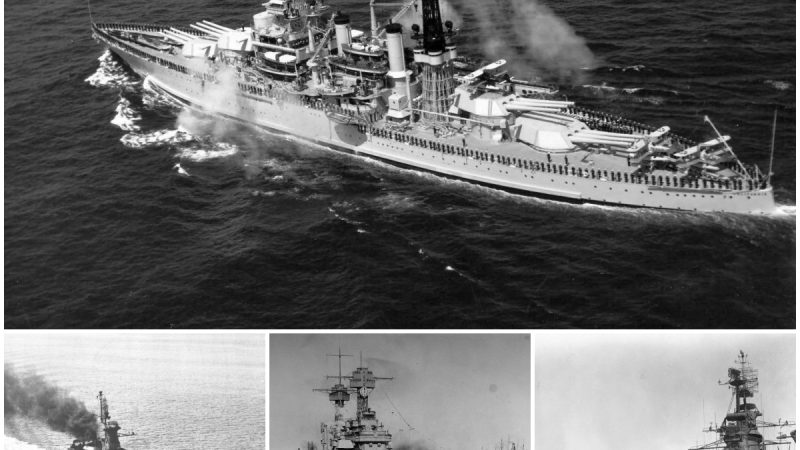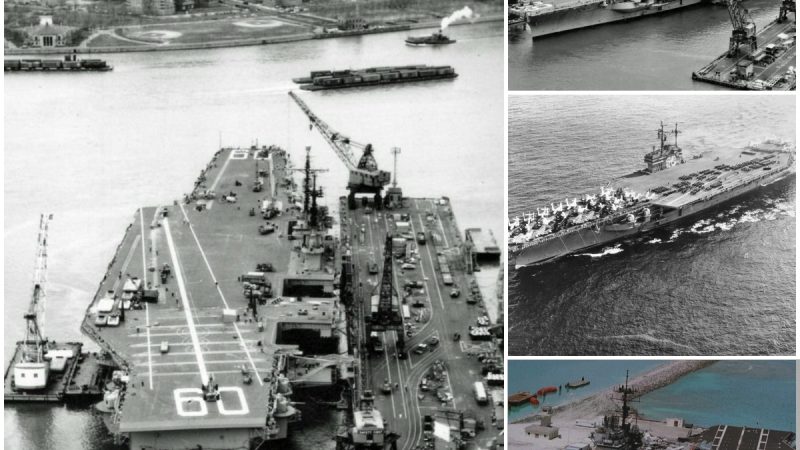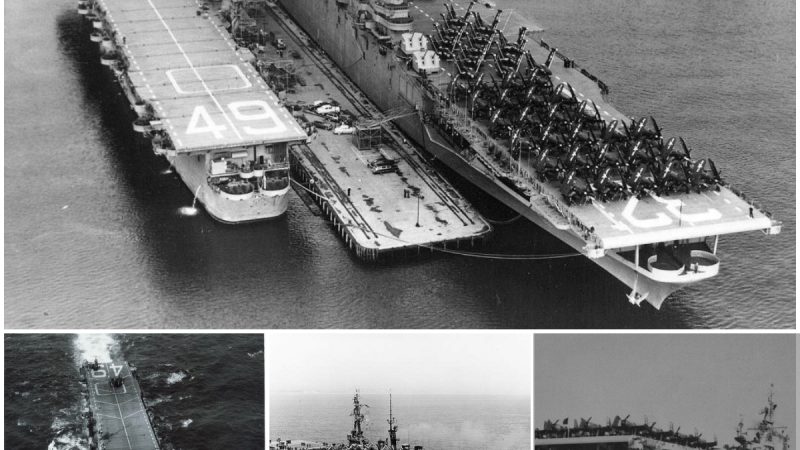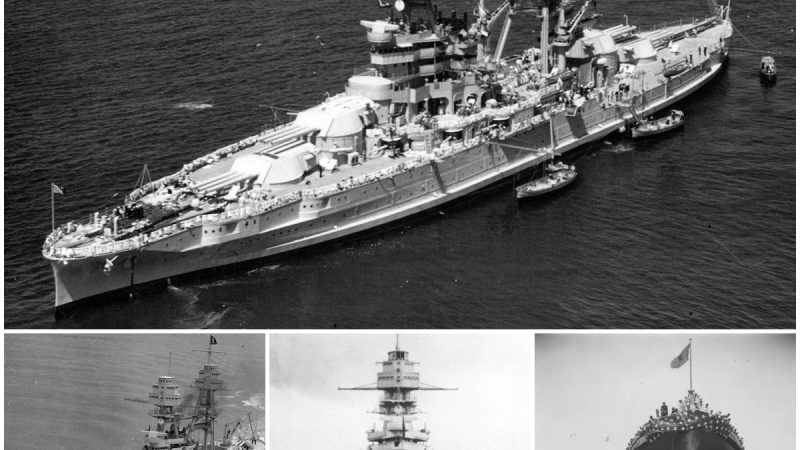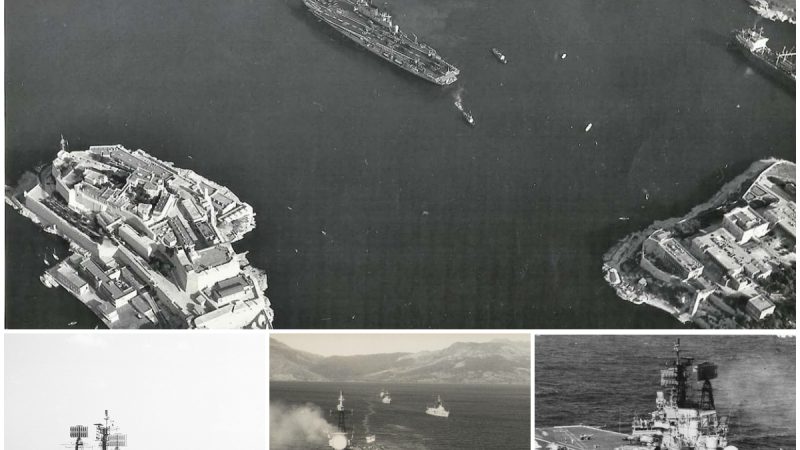The Eurocopter Tiger, a collaborative effort between France and Germany under the umbrella of Eurocopter, stands as a pinnacle in attack helicopter design within Western Europe. As the twentieth century progressed, attack helicopters emerged as formidable assets on the battlefield, armed with versatility and lethal capabilities. However, as advancements took place, the need for evolution became evident.
The genesis of the Tiger dates back to the Cold War era. In 1984, amidst geopolitical tensions, France and West Germany initiated the development of an advanced multipurpose battlefield helicopter. Initially conceived as a countermeasure against potential Soviet incursions into Western Europe, the project faced challenges over its prolonged gestation period, exacerbated by the collapse of the Soviet Union and financial constraints. Despite considerations favoring alternatives like the US-made McDonnell Douglas AH-64 Apache, German persistence prevailed, advocating for a multi-role platform encompassing armed reconnaissance, close air support, and escort duties.
Following the amalgamation of Aerospatiale, MBB, and other entities into the Eurocopter Group in 1992, the Tiger project persisted. Achieving operational readiness in 2008 and first utilized in 2003, the Tiger, now under the Airbus Helicopters banner, remains in production. Its stature in the realm of attack helicopters aligns it with counterparts like the US AH-64 Apache, Russian Ka-50 Black Shark, Italy’s Agusta A129 Mangusta, and South Africa’s Denel AH-2.
Crafted from cutting-edge materials, including carbon fiber reinforced polymers, kevlar, aluminum, and titanium, the Tiger embodies a blend of durability and stealth. Employing a parallel glass cockpit manned by a two-person crew, its ergonomic design facilitates seamless coordination between pilot and gunner, with both positions boasting excellent visibility. The integration of composite materials reduces its radar cross-section and enhances survivability amidst hostile environments.
Powered by two MTR390 turboshaft engines, the Tiger boasts impressive performance metrics, including a maximum speed of 315 km/h, a range of 800 km, and a service ceiling of 4,000m. Noteworthy among its avionics is the mast-mounted Osiris sensor, pivotal for target acquisition and engagement. Complementing its offensive capabilities are an array of armaments, ranging from cannons to air-to-air and air-to-surface missiles, affording the Tiger unparalleled versatility in combat scenarios.
Adapted into various versions to meet the specific demands of different nations, the Tiger has proven its mettle in operational theaters worldwide. From combat missions in Afghanistan to support operations in Mali, the Tiger has consistently demonstrated its reliability and efficacy, cementing its status as a stalwart in modern aerial warfare.
In essence, the Eurocopter Tiger epitomizes the epitome of technological prowess and strategic foresight, embodying a testament to the collaborative spirit of European aviation innovation and the enduring legacy of Franco-German partnership.
